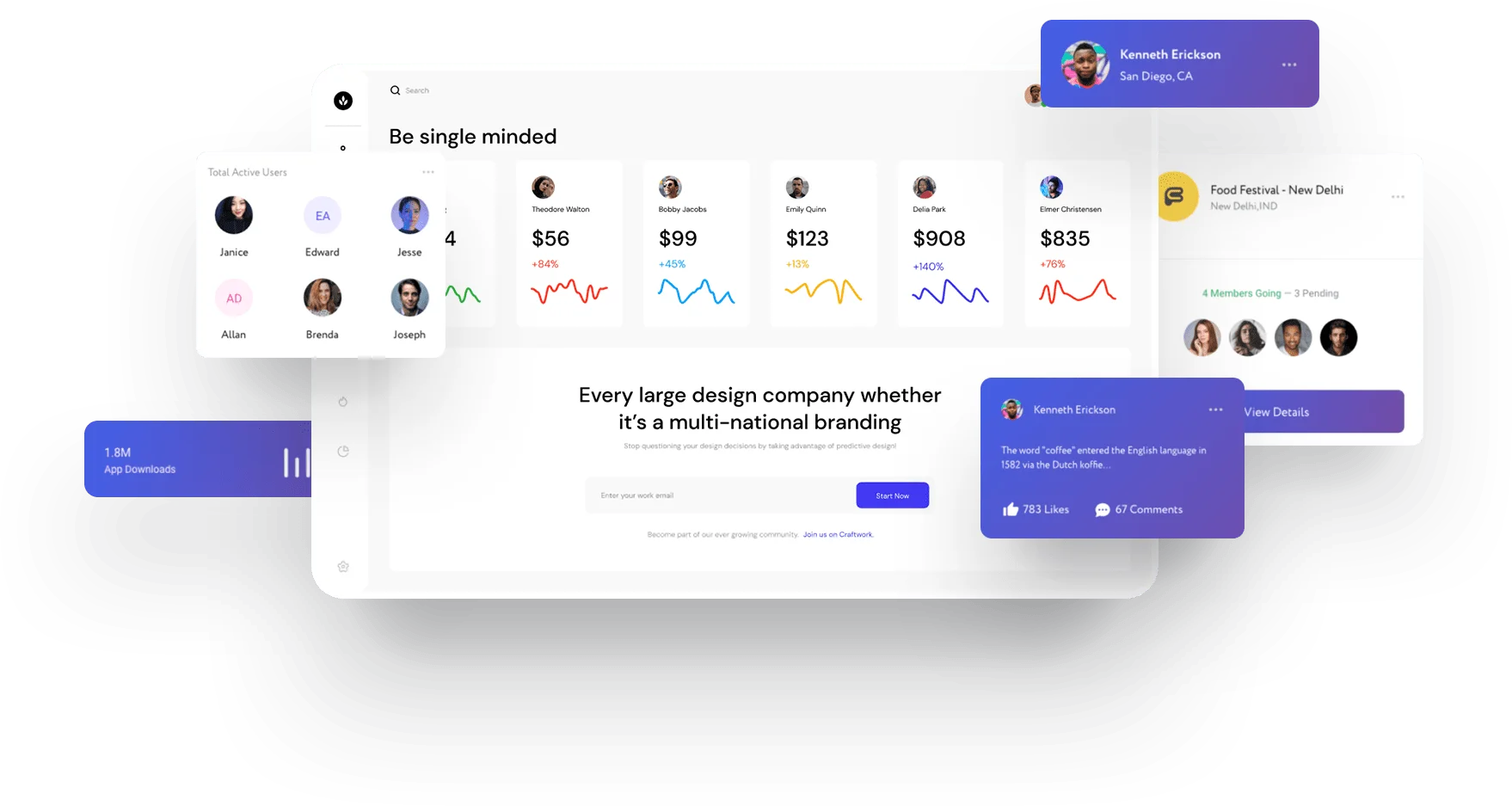Build Most Performant and Secure Applications with Rust
Most Loved Language
for 8 Years in a Row


From Safety to Speed: Why Rust is Becoming the Language of Choice?
Welcome to Chadura's Rust Consulting Services! As experts in Rust, we are dedicated to helping you build the most performant and secure applications. Rust’s unique combination of performance, reliability, and memory safety makes it the perfect choice for modern software development. Our team of seasoned Rust developers and consultants is here to guide you through every step of your project.
Rust is increasingly favored by developers due to its unparalleled combination of safety and performance. Its strict memory safety guarantees eliminate many common programming errors, while its speed and efficiency make it ideal for high-performance applications. This blend of reliability and speed is driving Rust’s widespread adoption across diverse industries.
Fearless conscurrency without compromising security
- Memory and Concurrency Safety
- Performance and Zero-Cost abstractions
- Developer Experience with great Tooling
- Wide Adoption in the Industry
- Used by Google, Amazon, Microsoft
API Responses Everyday
Projects Completed
Data Processed
Top Use Cases for
Rust Language
System Programming
Operating Systems: Rust's memory safety and concurrency features make it ideal for developing operating systems. For example, Redox is a Unix-like operating system written in Rust that showcases Rust's capabilities in system-level programming.
Embedded Systems: Rust is used in embedded systems where performance and reliability are crucial. Its low-level control and safety features ensure efficient and safe code execution on hardware.
See Linux and Microsoft endorsementsWeb Development
Web Assembly (Wasm): Rust can be compiled to WebAssembly, allowing developers to create highly performant web applications. Frameworks like Yew and Seed leverage Rust for front-end development, providing a strong alternative to JavaScript.
Backend Development: Rust is used in backend development with frameworks like Actix and Rocket, offering high performance and safety. These frameworks enable developers to build scalable and reliable web services.
Web FrameworksNetworking and IoT
Network Services: Rust is used to develop high-performance network services and protocols. The Tokio framework, for example, is a Rust-based asynchronous runtime for building reliable and scalable network applications.
Internet of Things (IoT): Rust is increasingly used in IoT due to its ability to run efficiently on resource-constrained devices. Its safety features prevent common issues like buffer overflows, which are critical in IoT security.
Networking in RustCommand-Line Tools and Games
CLI Applications: Rust's performance and safety make it ideal for building fast and reliable command-line tools. Many developers prefer Rust for creating CLI applications due to its ability to produce small, efficient binaries.
Game Engines: Rust is gaining traction in game development, with engines like Amethyst and Bevy offering high performance and safety. Rust's concurrency model helps in developing complex, high-performance game logic and physics simulations .
Rust in GamesFinancial Systems
High-Frequency Trading: Rust's performance and low latency are beneficial in high-frequency trading systems. Its memory safety features reduce the risk of errors that could lead to significant financial losses.
Financial Analysis Tools: Rust is used to build tools for financial analysis and modeling, offering the performance needed to handle large datasets and complex computations.
Rust for Fintech“Ready to build the most performant and secure applications with Rust? Contact us today to discuss your project and discover how Chadura’s Rust Consulting Services can help you achieve your goals.”












